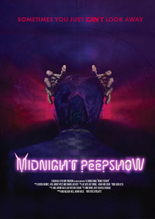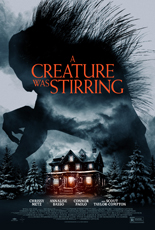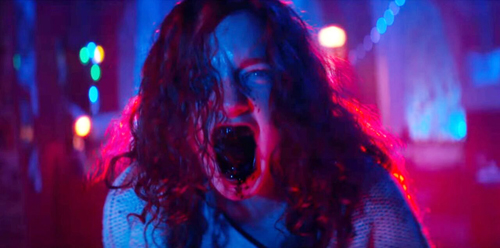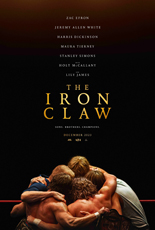
Daily Dead columnist Scott Drebit’s first book can be summed up in one sentence from its 33rd page: “Sometimes you just want to see children have their hands cut off with a samurai sword.” Hear, hear!
No, not in real life, Karen — just at the movies! Specifically, the four decades’ worth Drebit covers in said book, A Cut Below: A Celebration of B Horror Movies, 1950s-1980s, from McFarland & Company.
For the paperback, the author champions 60 films — not all horror, despite the subtitle, with sci-fi running a distant second. Like preschoolers, the movies featured are grouped tidily into fives to ensure a semblance of control; Drebit’s themed chapters include such terrors as zombies, satanists, animals and — yikes! — Canadians. Yes, there’s something for everyone … assuming someone out there is into “hookers in weird masks, slimy alien babies, interdimensional traveling, cheap beer, and plastic chainsaws.”
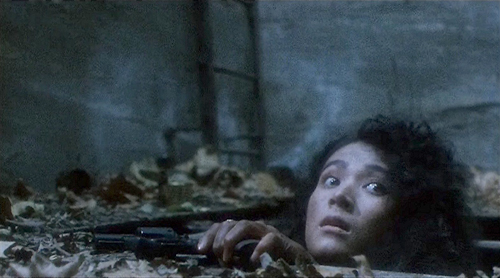
That quote describes one movie — 1989’s shot-on-video Things — and you better believe someone is into it: Drebit, for starters, then hopefully, the adventurous readers swayed by his passionate plead to give it a try, glacier-sized flaws and all.
Three times out of four, the sheer randomness of his picks works in A Cut Below’s favor, lifting it well above a “Horror 101”-style text. For example, I like that the slashers chapter tiptoes into thrillers for the Charles Bronson vehicle 10 to Midnight. I love seeing something as anti-mainstream as Japan’s Evil Dead Trap chosen to represent amusements from other countries. And I really love that the aforementioned chapter of the undead doesn’t invite a certain Mr. Romero to play — no offense meant, George.
As for the other 25% of the time, does Ed Wood’s Plan 9 from Outer Space need even more ink? Although Drebit’s stated purpose is to commemorate, not unearth, I got more pleasure reading about the titles I haven’t seen. That’s not to say the book is bad when the subject is familiar — not at all, thanks to his folksy, chummy writing style always on duty as a safeguard. You won’t encounter a page not worth your time. If a follow-up is in the cards, I’m hoping for at least 60 more reviews. Is 600 too much to ask? —Rod Lott



